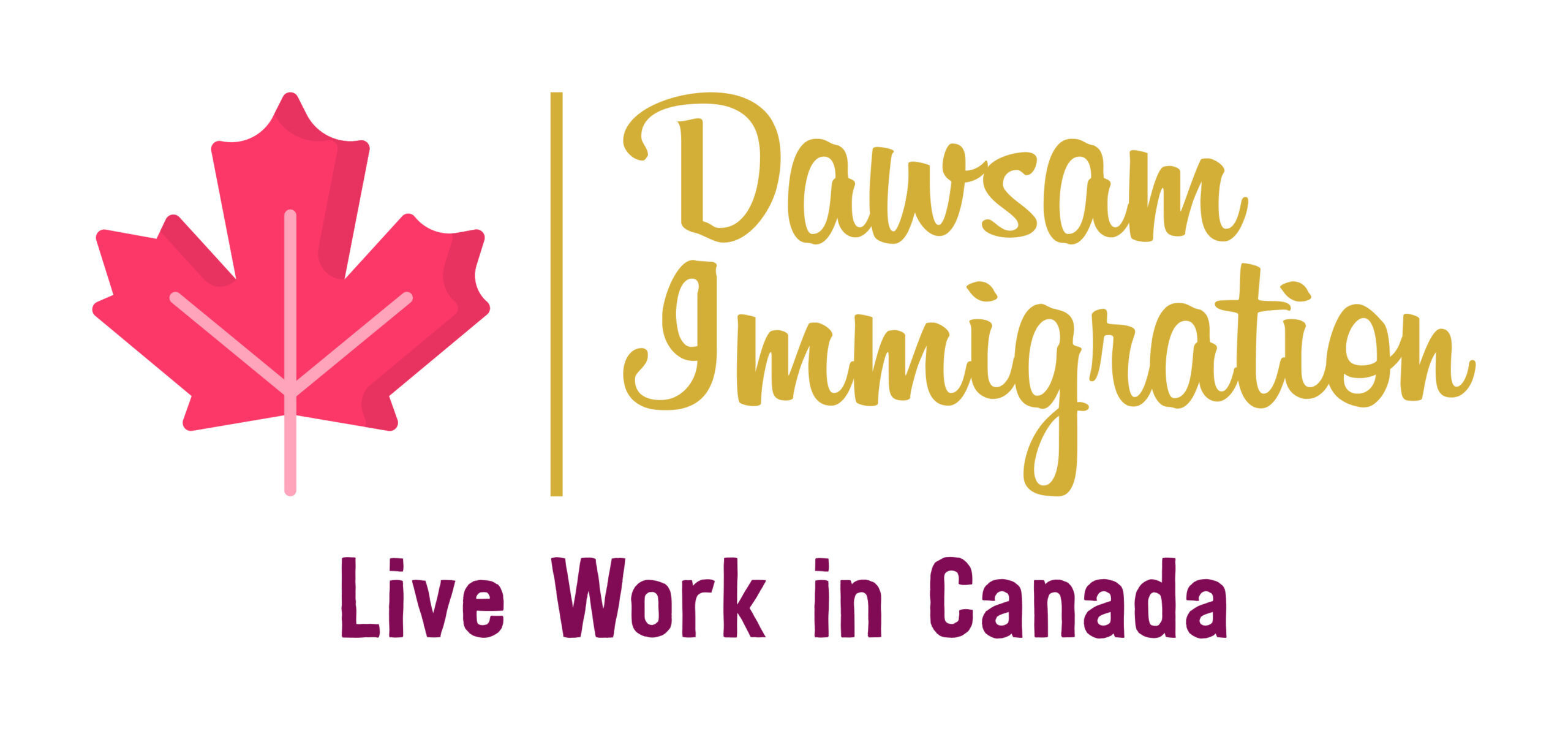From: Immigration, Refugees and Citizenship Canada
In these instructions “officer” refers to employees of both Immigration, Refugees and Citizenship Canada and the Canada Border Service Agency.
The instructions on this page should be reviewed in conjunction with
- Employer-specific work permits with Labour Market Impact Assessment exemptions
- Conditions and validity period on work permits
There are specific situations that IRCC considers, by policy, as meeting the requirements of paragraph 205(a) of the Immigration and Refugee Protection Regulations, where the work of a foreign national creates significant social, cultural or economic benefits or opportunities for Canadian citizens or permanent residents. The department has created labour market impact assessment (LMIA) exemption categories (using unique administrative codes) to capture different considerations for those specific situations
C60 is the administrative LMIA exemption code that provides that the work of certain foreign nationals entering Canada to create or maintain a business as an entrepreneur, where they are supported by a province or territory, may create significant benefits. For workers who do not meet the specific considerations for a C60 exemption, officers may still assess them on a case-by-case basis, possibly under the broader LMIA exemption code C10, also used for assessment under paragraph R205(a).
Overview
In these instructions, “selection” or “selected” is used to describe foreign nationals supported by Quebec. “Nomination” or “nominee” is used to describe foreign nationals supported by any province or territory other than Quebec.
There are 2 categories of foreign nationals who seek temporary entry to Canada as business owners
- Temporary purpose
- Business candidate
Temporary purpose
The first category applies to those who only seek entry for a temporary, usually seasonal, purpose to run their existing business (usually self-employed people). Self-employed people are foreign nationals who have not been accepted into a business program by any province or territory.
Business candidate
The second category applies to those who seek entry as a business candidate to start or run their business to meet the requirements for provincial nomination or selection as an entrepreneur or the requirements for the federal Start-up Business Visa.
In the case of provincial programs, the business candidate first applies to a province or territory for acceptance into the provincial business immigration program. If the candidate is approved, the province or territory will provide them with a support letter to obtain a work permit. The candidate is then required to implement their business plan and meet specific provincial requirements, usually for 2 years, before they are provided a Confirmation of Nomination letter or a Quebec Selection Certificate (CSQ) for permanent residence.
Important: During the initial 2-year period, the business candidate is not nominated by the province or territory. They are only potential nominees who must meet specific provincial requirements to receive the Confirmation of Nomination or CSQ.
Once a business candidate has been given a formal Confirmation of Nomination, they can apply for a work permit under paragraph R204(c) instead of paragraph R205(a).
Note: A foreign national may be issued a work permit under paragraph R204(c) (LMIA exemption code T13), even if they will be working as an entrepreneur. In this case, the foreign national must have both
- a valid formal nomination for permanent residence from a province or territory and
- a paragraph R204(c) support letter
See Work permits for provincial nominees for further information.

Simply wish to say your article is as amazing The clearness in your post is just nice and i could assume youre an expert on this subject Well with your permission let me to grab your feed to keep updated with forthcoming post Thanks a million and please carry on the gratifying work
Normally I do not read article on blogs, however I would like to say that this write-up very forced me to try and do so! Your writing style has been amazed me. Thanks, quite great post.